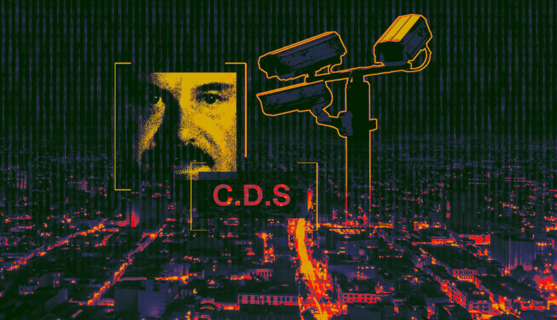node
Wilted
- Messages
- 4,154
- Likes/Reactions
- 6,429

Sinaloa Cartel Hack Exposes Cracks in FBI Security
The Sinaloa Cartel hacked a top US law enforcement agency and obtained classified information that was later used to intimidate and kill potential government sources, according to an internal watchdog report that underscores broader failures to protect sensitive organized crime-related investigations in Mexico.
The Sinaloa Cartel hired a hacker to target the assistant legal attaché of the Federal Bureau of Investigation (FBI) at the US embassy in Mexico City, as authorities built a sprawling drug trafficking case against the former crime boss Joaquín Guzmán Loera, alias “El Chapo,” in 2018, according to a US Justice Department audit released in June.
The hacker, according to the review, offered a “menu of services” that included manipulating mobile phones and other electronic devices. The individual was able to obtain information on calls made and received by the FBI attaché, as well as geolocation data.
In addition, the audit found that the hacker gained access to Mexico City’s camera system to follow the official through the city, identify who they were meeting with, and determine people that would be of interest to the Sinaloa Cartel.
“[They] used that information to intimidate and, in some instances, kill potential sources or cooperating witnesses,” the Justice Department concluded.
The revelation came in a report from the Justice Department’s Office of the Inspector General that assessed efforts to reduce risks associated with large-scale data collection for crime-fighting.
InSight Crime Analysis
The Justice Department’s audit paints a damning portrait of how a powerful US intelligence agency with one of the most sophisticated surveillance operations can be exploited by organized crime groups using those very same technologies in Mexico.US security services are no strangers to deploying advanced technology in criminal investigations. Around the same time the Sinaloa Cartel was penetrating FBI communications in 2018, the bureau was leading a highly complex operation that involved creating and managing their own encrypted messaging application called ANOM.
As part of the aforementioned operation, dubbed Trojan Shield, the encrypted devices were sold to criminal groups spanning the whole of Latin America. This allowed prosecutors to intercept millions of messages about drug trafficking shipments, concealment methods, and money laundering, among other things.
However, the Justice Department audit suggests that the FBI’s defensive capabilities to counteract these same methods from being used against their own agents is lacking. While the agency has made some steps to combat technical surveillance threats, such as creating a strategic plan and identifying these risks as a “tier 1 threat,” the audit found that these efforts appeared to “identify only high-level gaps in the FBl’s policy and training, potentially leaving unaddressed many vulnerabilities to the FBl’s personnel, investigations, and operations.”
The FBI is not the only US agency that has struggled to confront these threats and safeguard sensitive material in Mexico. In 2011, information about informants working with the Drug Enforcement Administration (DEA) was leaked to the Zetas crime group. Members of the group then kidnapped and massacred dozens of people in the small town of Allende near the US-Mexico border as they looked for those cooperating with the US anti-drug agents.

Sinaloa Cartel Hack Exposes Cracks in FBI Security
The Sinaloa Cartel hacked a top US law enforcement agency and obtained classified information that was later used to intimidate sources.
